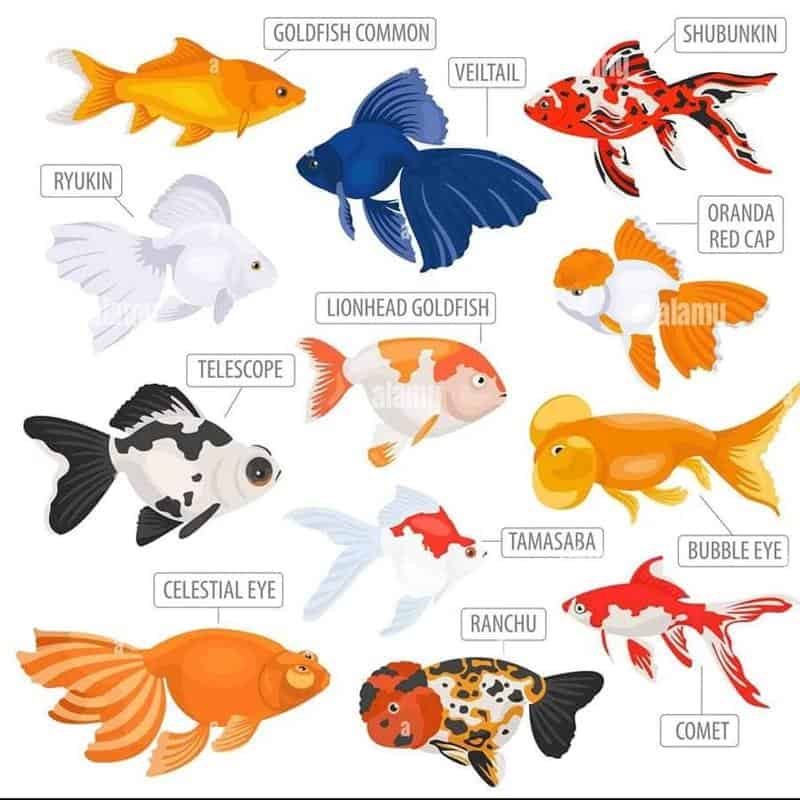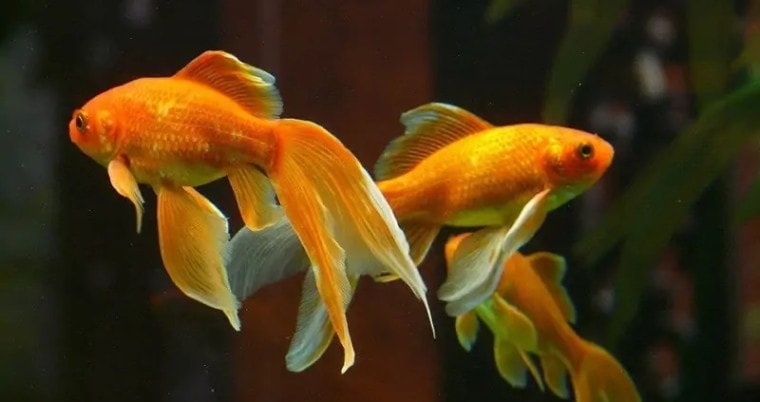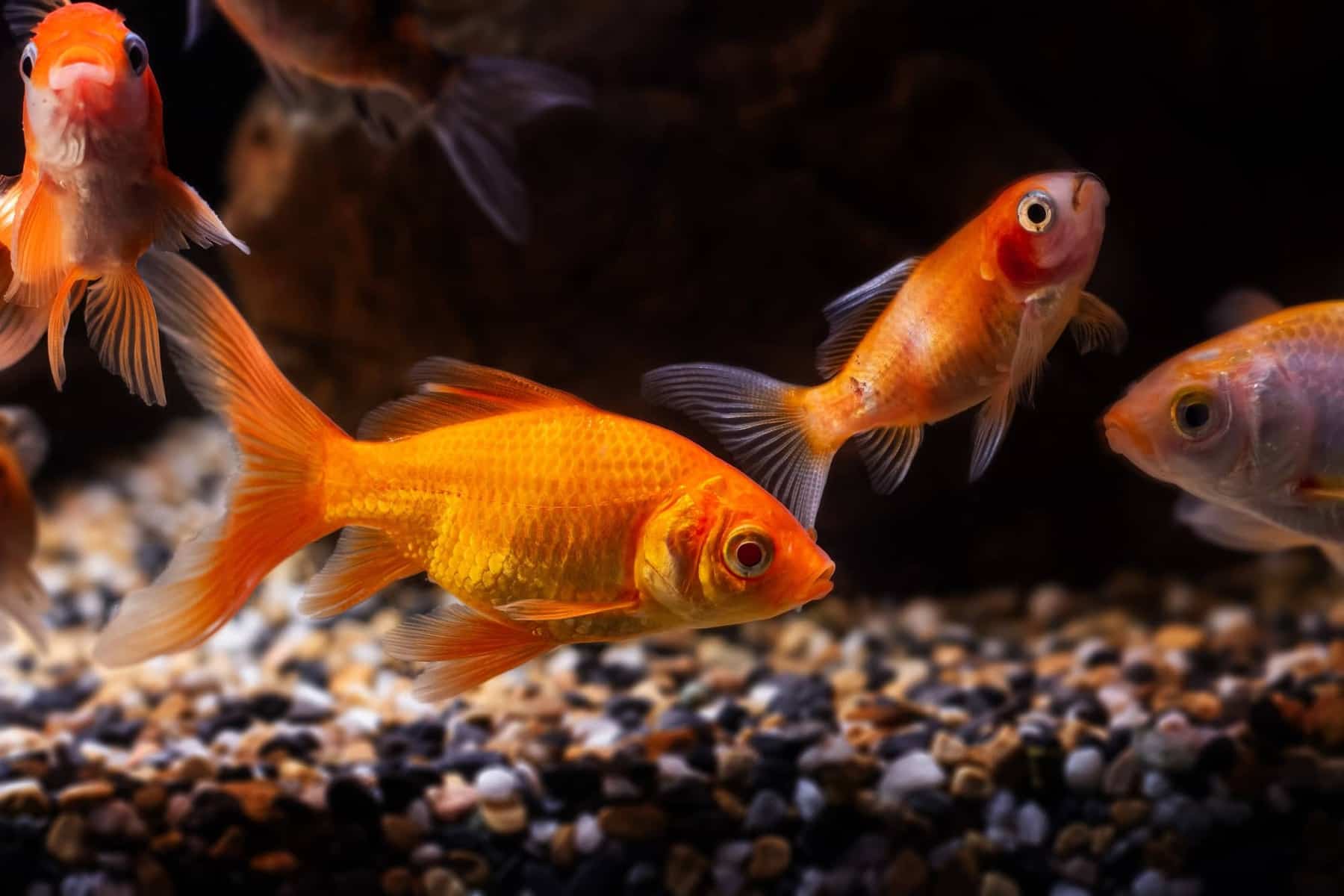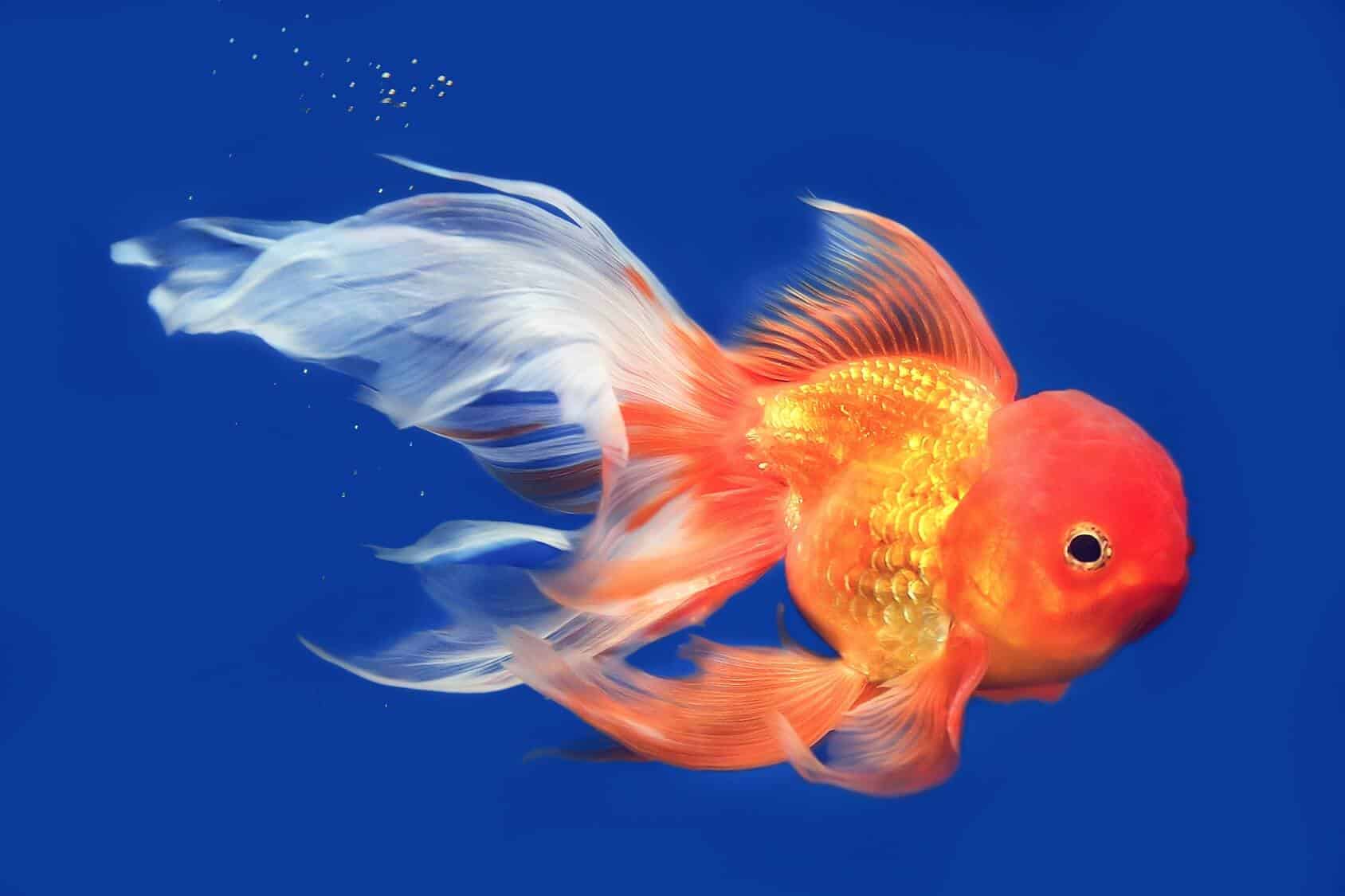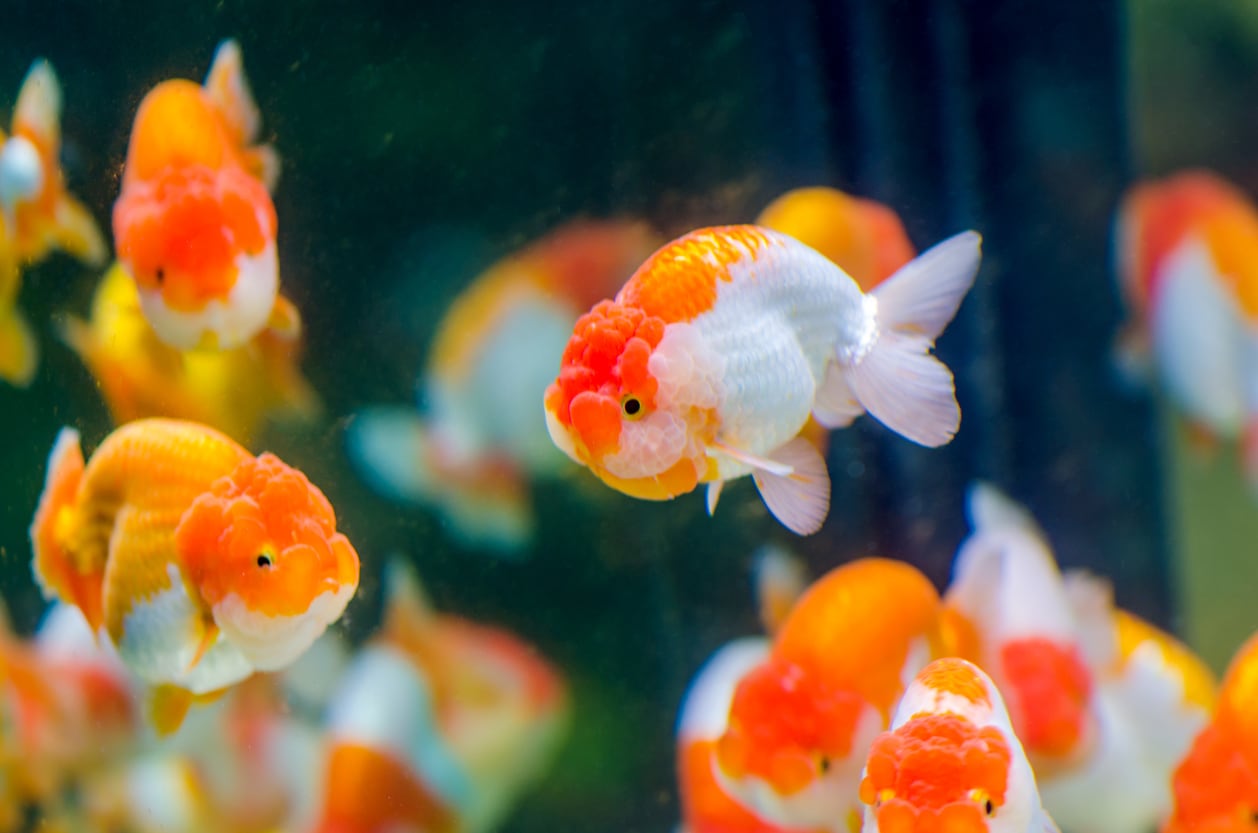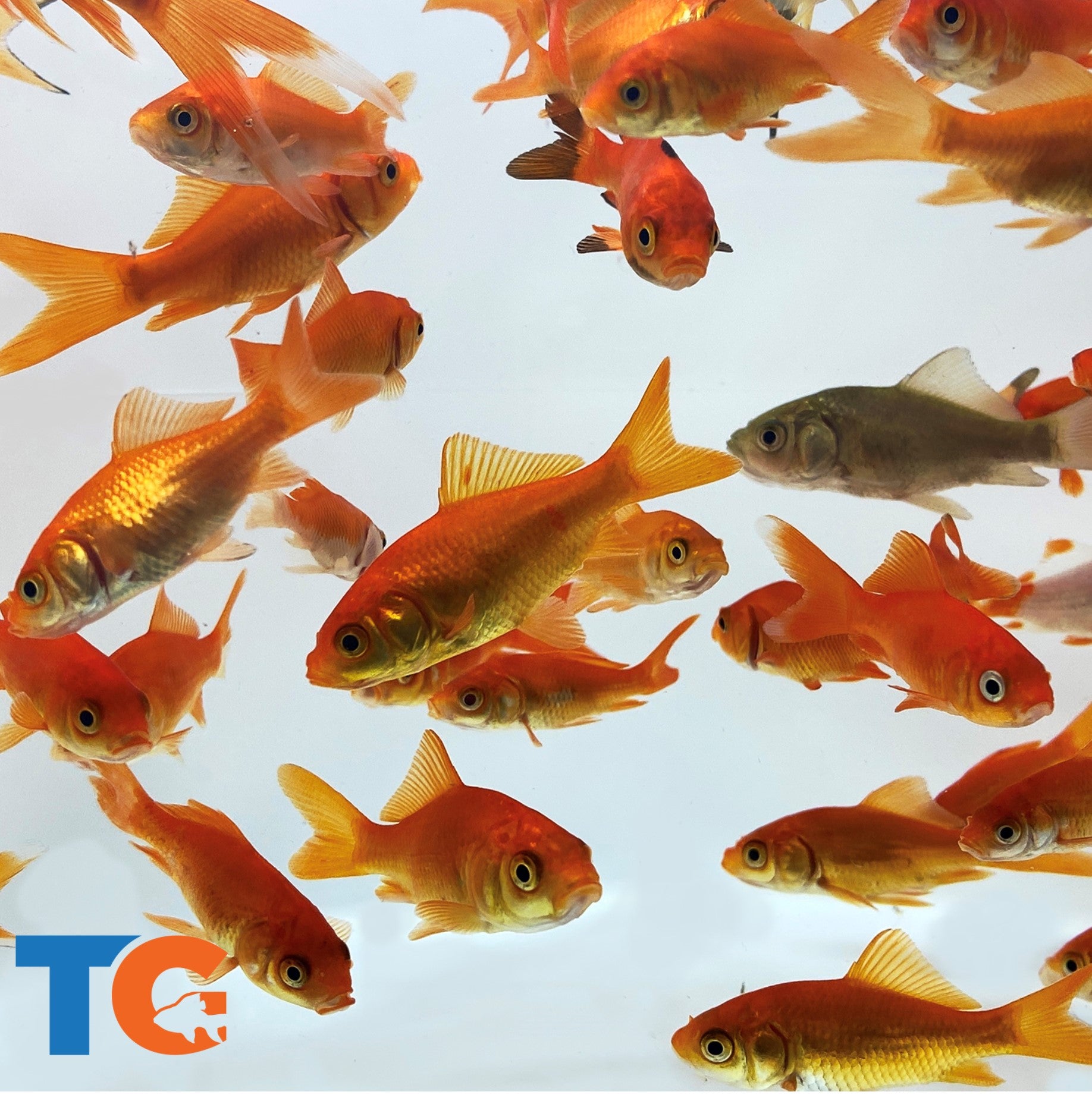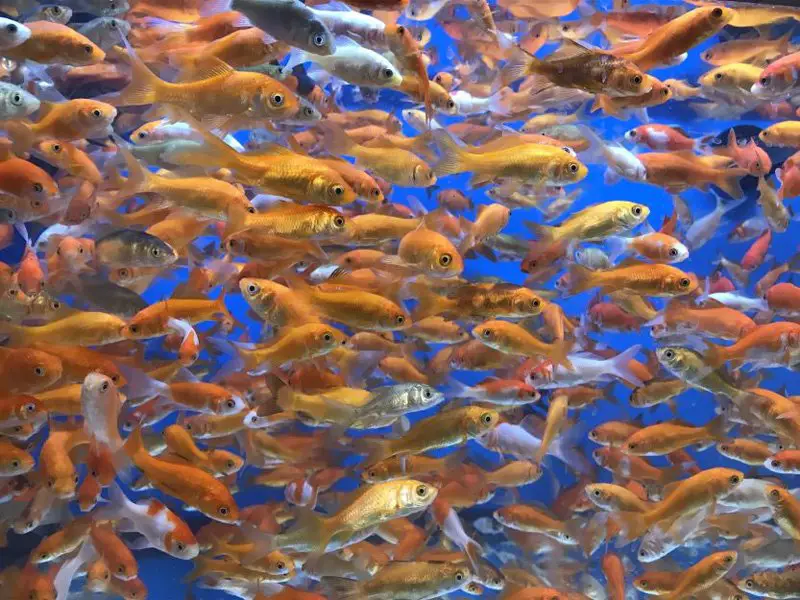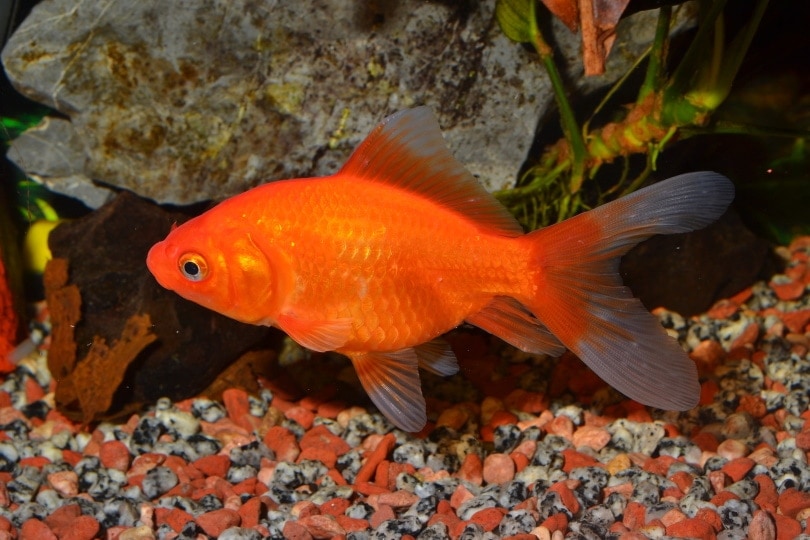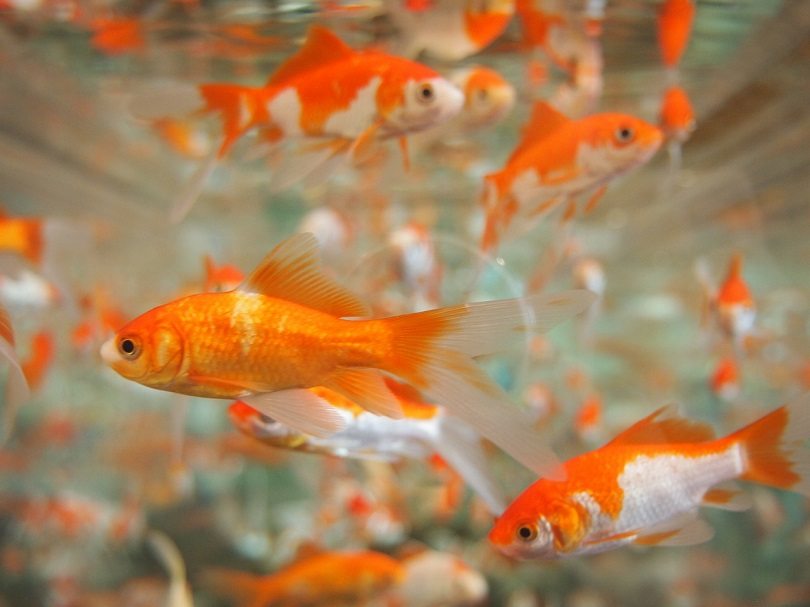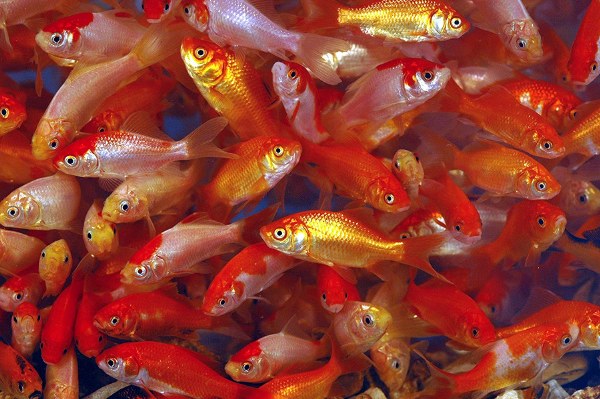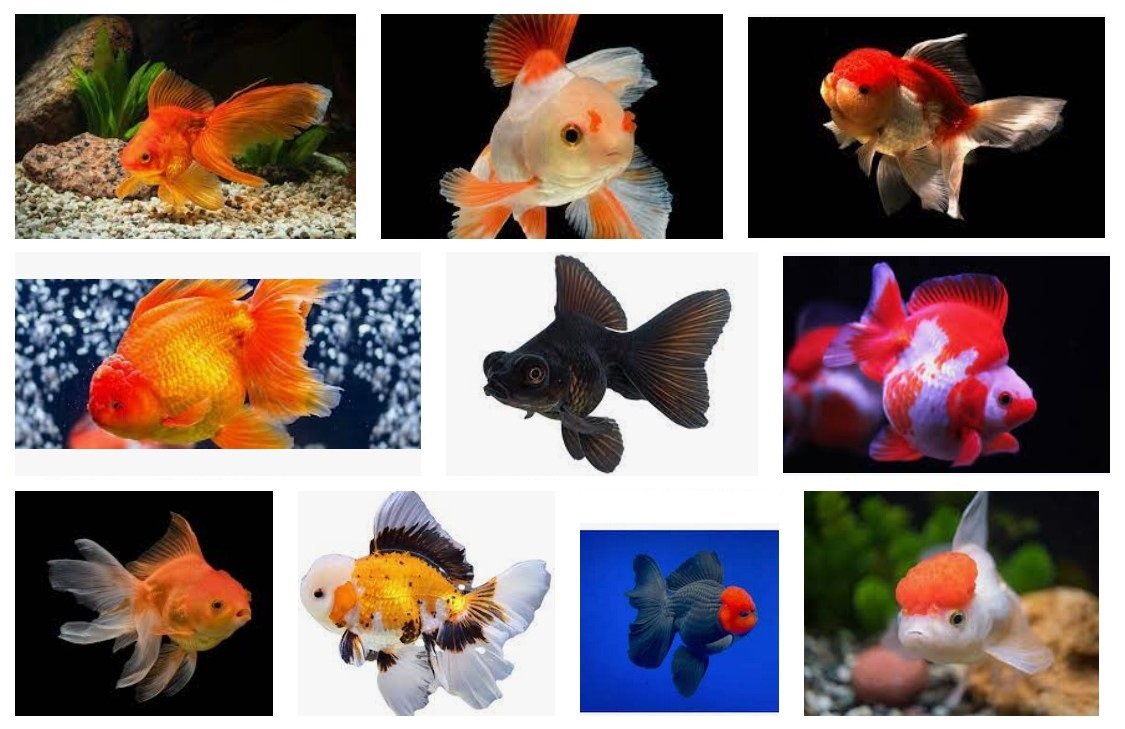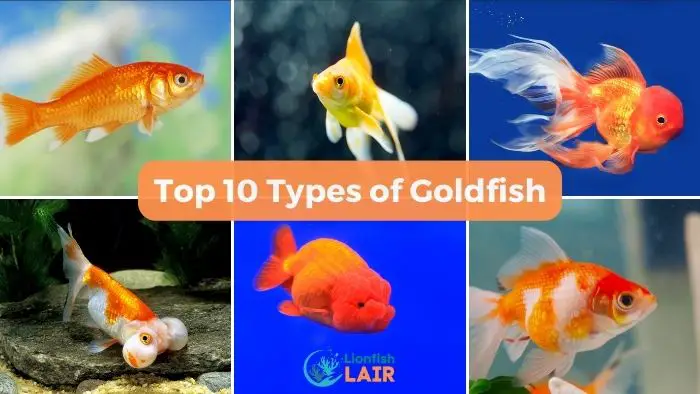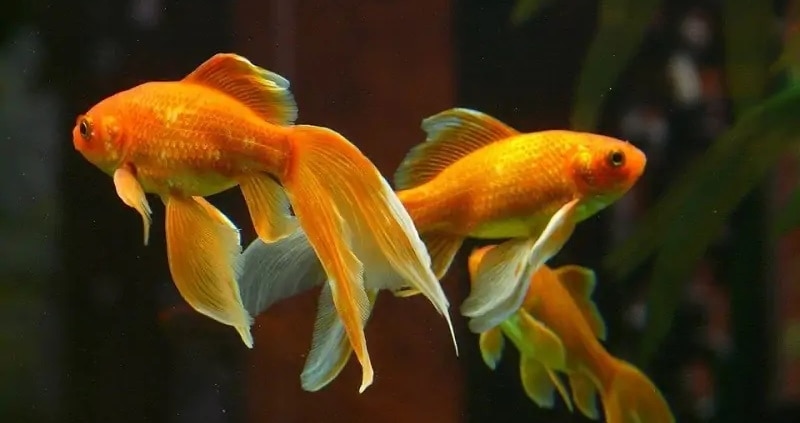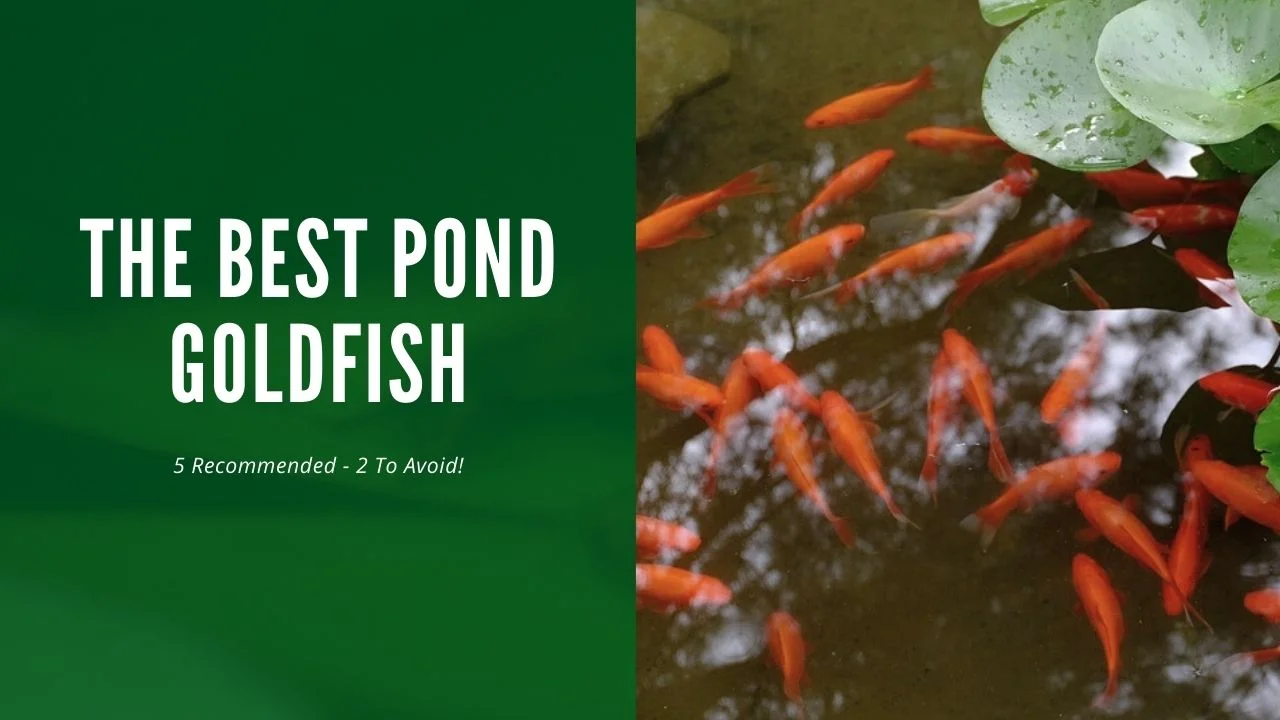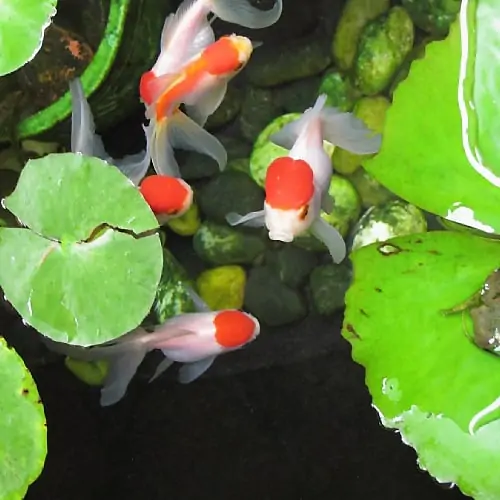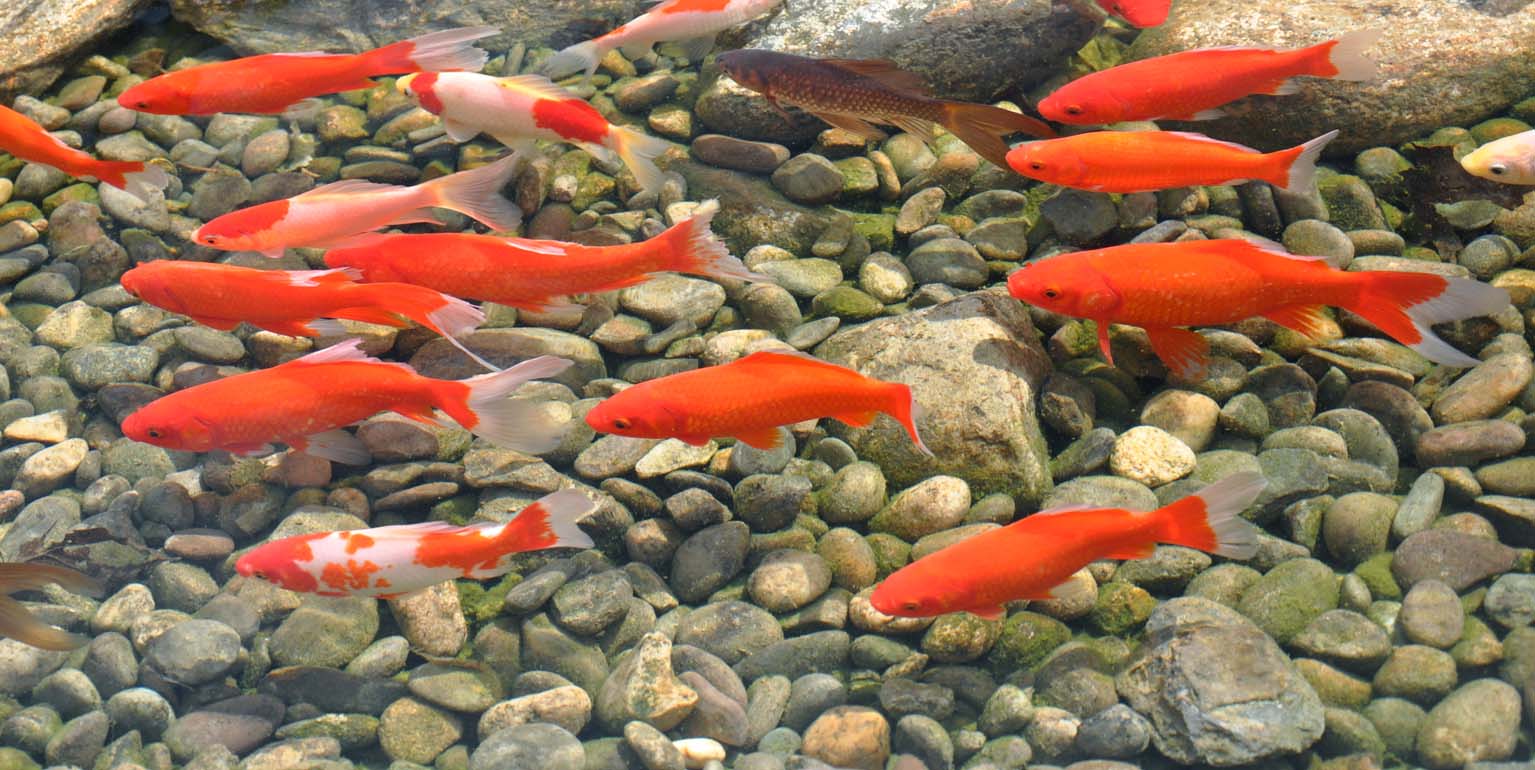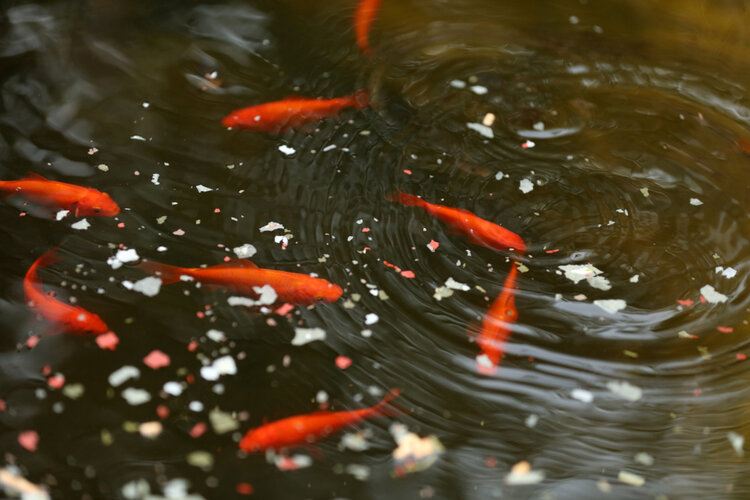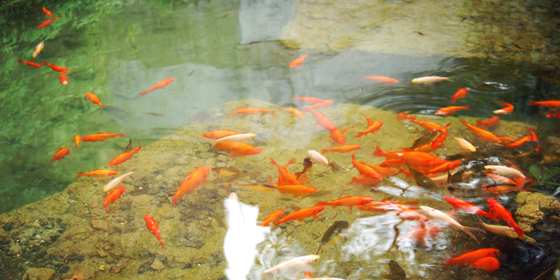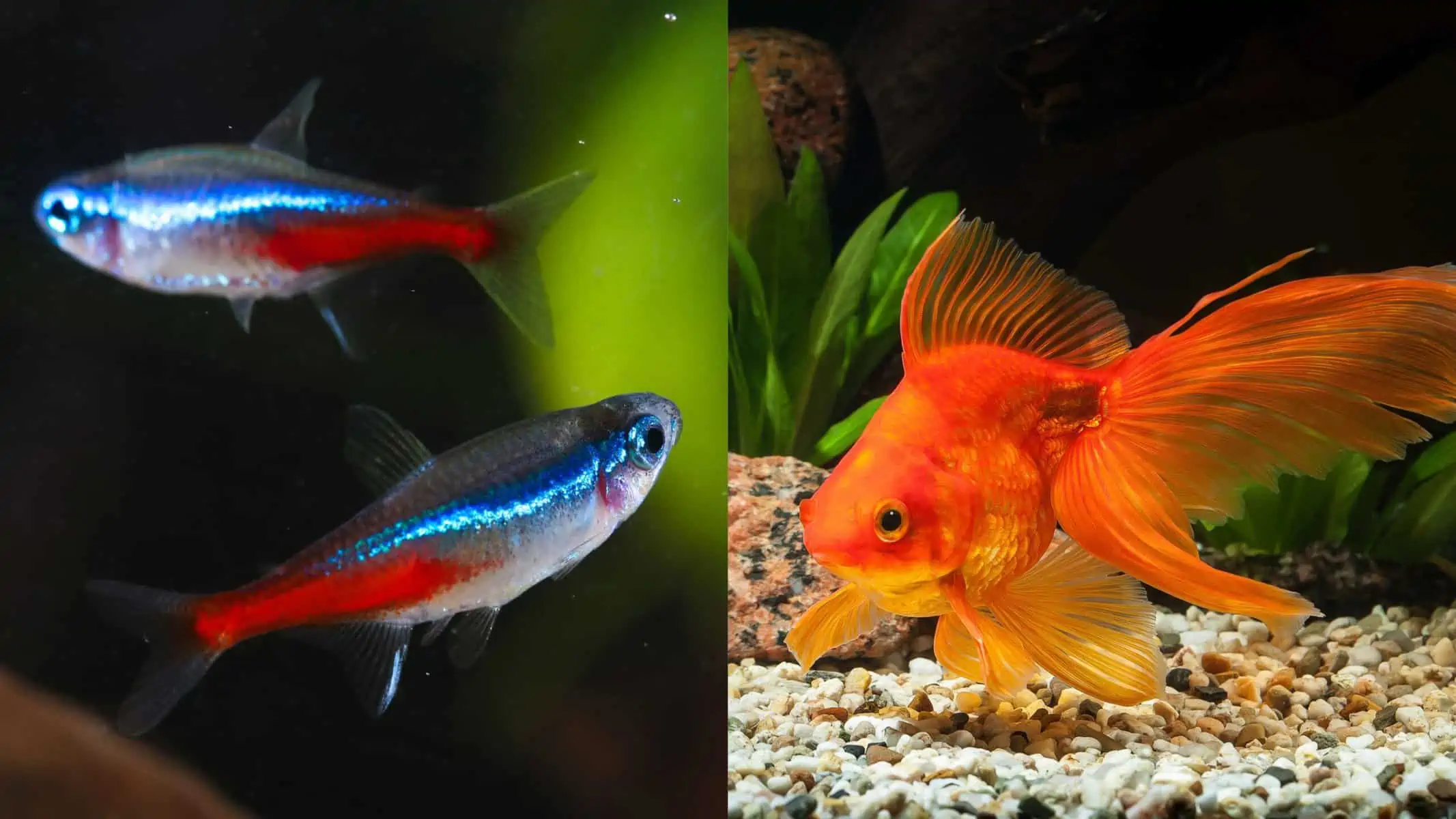So, you're curious about goldfish, huh? Specifically, you want to know which type of goldfish lives the longest? Well, you've come to the right place! Goldfish are one of the most popular types of pet fish, and their lifespan can vary depending on the breed. In this article, we'll take a closer look at the different types of goldfish and which ones have the potential to live the longest. By the end of this, you'll have all the information you need to make an informed decision about which goldfish to bring home as a companion for many years to come.
Now, let's dive into the fascinating world of goldfish and their longevity. While the average lifespan of a goldfish is around 10 to 15 years, certain types have been known to live much longer. Factors like genetics, water quality, diet, and overall care play a significant role in determining the lifespan of a goldfish. The common goldfish, also known as the comets or shubunkins, are usually the hardiest and can live up to 20 years or even longer if given proper care. They are known for their vibrant colors and graceful swimming.
Another type of goldfish that tends to have a longer lifespan is the fancy goldfish. This category includes breeds like the fantails, orandas, and ryukins. These goldfish have unique physical features, like their flowing fins and distinctive head shapes. With the right care, fancy goldfish can live anywhere from 10 to 20 years. It's important to note that fancy goldfish are more prone to health issues due to their physical traits, so providing them with a well-maintained and properly filtered tank is crucial for their longevity.
Now, don't worry if you're not sure which type of goldfish to choose. In our upcoming article, we'll explore each breed in more detail, discussing their specific characteristics, care requirements, and, of course, their potential lifespan. So, stay tuned for that and get ready to become a goldfish expert! After all, having a long-lived goldfish can bring you joy and companionship for many years to come.
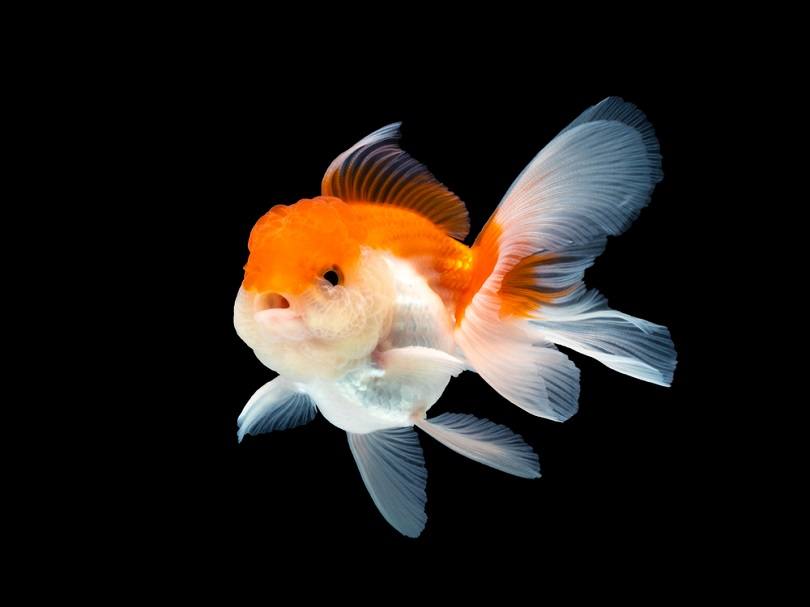
Factors Affecting Goldfish Lifespan
When deciding to bring home a goldfish as a pet, one of the most important considerations is its expected lifespan. Goldfish can live for a significant amount of time if properly cared for, but several factors can affect their longevity.
Water Quality
The quality of the water in which your goldfish resides plays a crucial role in its lifespan. Goldfish are sensitive to high levels of ammonia and nitrites, which can build up in the tank. Regular monitoring and maintenance of the tank's water parameters, such as pH, ammonia, nitrite, and nitrate levels, is necessary to ensure a healthy environment for your goldfish.
Diet and Nutrition
The diet and nutrition of your goldfish are also determining factors in its lifespan. Goldfish require a balanced and varied diet, consisting of high-quality pellets or flakes specifically formulated for goldfish. A diet rich in essential nutrients and vitamins helps boost their immune system and overall health, ultimately contributing to a longer lifespan.
Tank Size and Living Space
The tank size and living space provided to goldfish significantly impact their lifespan. Goldfish produce a considerable amount of waste, so a larger tank with ample filtration is necessary to maintain water quality. Ideally, consider providing a minimum of 20 gallons of water per goldfish, allowing them plenty of room to swim and grow. In cramped living conditions, goldfish can become stressed, leading to a shorter lifespan.
Genetic Factors
Genetics also play a role in determining the lifespan of a goldfish. Some goldfish varieties are naturally hardier and have a longer average lifespan than others. Understanding the genetic predispositions of different breeds can help you make an informed decision when selecting a goldfish as a pet.
Goldfish Varieties with Long Lifespan
If you're looking for goldfish varieties known for their long lifespans, consider the following:
Comet Goldfish
Comet goldfish are known for their endurance and can live up to 15 years or more with proper care. They have streamlined bodies and can grow quite large, making them better suited for outdoor ponds or larger aquariums.
Shubunkin Goldfish
Shubunkin goldfish are renowned for their beautiful calico patterns and can live for over a decade. They are active and hardy, making them a popular choice among goldfish enthusiasts.
Lionhead Goldfish
Lionhead goldfish are known for their distinct rounded heads and can live for 10-15 years. They require slightly more care due to their delicate head growth, but with proper water quality and diet, they can thrive for a long time.
Oranda Goldfish
Oranda goldfish are easily recognizable due to their prominent head growth, known as a wen. With proper care, including a spacious environment and a nutritious diet, they can live for 10-15 years.
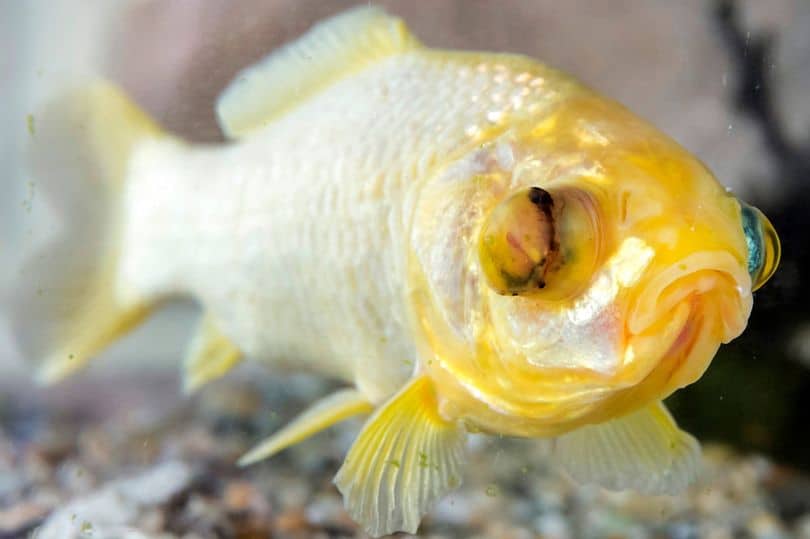
Care Tips for Increasing Goldfish Lifespan
To ensure your goldfish lives a long and healthy life, follow these care tips:
Proper Tank Setup
Provide your goldfish with an adequately sized tank and ensure it is properly set up. It should have a suitable filtration system to maintain water quality, along with appropriate decoration and hiding places for mental stimulation.
Regular Water Testing and Maintenance
Monitor the water parameters regularly to ensure they remain within the suitable range for goldfish. Perform routine water changes and clean the tank as needed to prevent the buildup of harmful substances.
Balanced and Varied Diet
Feed your goldfish a balanced and varied diet, including high-quality pellets or flakes specially formulated for goldfish. Consider also supplementing their diet with occasional treats, such as freeze-dried or frozen foods, to provide them with varied nutrients.
Avoid Overfeeding
Overfeeding is a common mistake that can lead to obesity and health problems in goldfish. Feed them small portions at regular intervals, taking care not to exceed their dietary requirements.
Monitoring Goldfish Behavior and Health
Observe your goldfish regularly for any changes in behavior or physical appearance. If you notice any signs of illness, such as abnormal swimming patterns, loss of appetite, lethargy, or visible injuries, seek veterinary care promptly.
Providing Adequate Space
Ensure your goldfish has enough swimming space by providing a tank that is appropriately sized for their needs. Crowded conditions can lead to stress and compromised health.
Recognizing Signs of Health Issues
Understanding the signs of potential health issues in goldfish is crucial in providing timely care and treatment. Look out for the following indicators:
Abnormal Swimming Patterns
If your goldfish is swimming in an unusual manner, such as swimming upside down, spinning uncontrollably, or gasping at the surface, it may indicate a health problem that requires attention.
Loss of Appetite
A sudden decrease in appetite or refusal to eat can be a sign of an underlying health issue. Monitor their eating habits carefully and consult a veterinarian if you notice prolonged loss of appetite.
Lethargy
If your goldfish appears listless and lacks energy, it could indicate potential health problems. Goldfish are typically active, so any significant decrease in their activity levels should be investigated.
Visible Injuries
Keep an eye out for any visible injuries, such as torn fins, red spots, or sores. Visible injuries may be a result of aggression from tank mates or bacterial/fungal infections that require treatment.
Fungal or Bacterial Infections
Look for any signs of fungal or bacterial infections, such as white fuzzy patches, redness, or open sores. Prompt treatment is essential to prevent the spread of the infection and ensure the well-being of your goldfish.
Parasitic Infestations
Watch for signs of parasitic infestations, such as excessive scratching, flicking against objects, or visible parasites on the fish's body. Parasites can cause considerable discomfort and health issues for goldfish if left untreated.
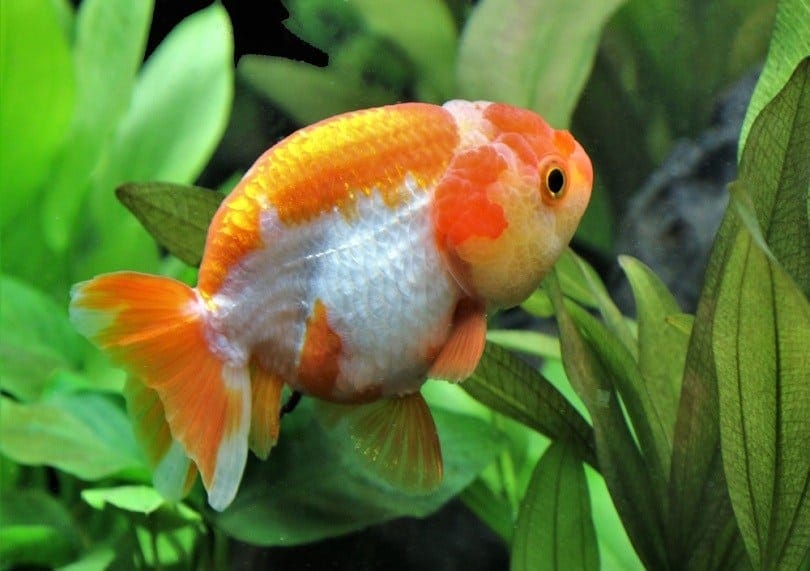
Common Lifespan Mistakes to Avoid
To maximize the lifespan of your goldfish, avoid the following common mistakes:
Keeping Goldfish in Small Bowls
Goldfish require ample space to swim and grow. Keeping them in small bowls or containers can stunt their growth, compromise their health, and lead to a shorter lifespan.
Poor Water Quality
Neglecting water quality maintenance can have severe consequences for goldfish. Ammonia and nitrite buildup can compromise their immune system and overall well-being, leading to a shorter lifespan.
Inadequate Diet
Feeding your goldfish an unvaried or poor-quality diet can result in nutritional deficiencies, weakened immune system, and various health problems. Providing them with a balanced diet is essential for their longevity.
Incompatible Tank Mates
Some fish species may not be suitable tank mates for goldfish. They can cause stress, aggression, or transmit diseases, all of which can have a detrimental effect on the lifespan of your goldfish.
Tips for Choosing a Healthy Goldfish
When selecting a goldfish, look for the following signs of a healthy specimen:
Active and Alert Behavior
A healthy goldfish is active, constantly exploring its surrounding, and responsive to its environment.
Clear and Bright Eyes
The eyes of a healthy goldfish should be clear, bright, and free from cloudiness or swelling.
Intact Fins
Check that the fins of the goldfish are intact, without any signs of damage or fraying. Damaged fins can be indicative of health issues.
Smooth and Clean Scales
Inspect the scales of the goldfish, ensuring they are smooth, clean, and free from any lesions or sores.
No Signs of Disease or Infection
Avoid goldfish with visible signs of disease or infection, such as fungus, redness, visible parasites, or discoloration.
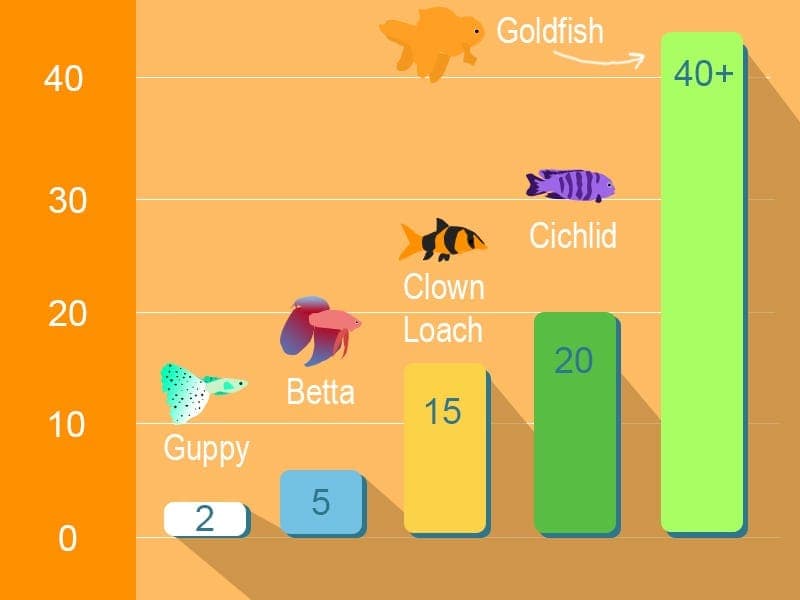
Promoting Longevity through Environment Enrichment
To further enhance the lifespan of your goldfish, consider incorporating the following enrichment strategies in their environment:
Aquarium Decorations
Add suitable decorations to the tank, such as rocks, driftwood, or artificial plants, to provide hiding places and create a natural-looking environment.
Live Plants
Live plants not only enhance the aesthetics of the tank but also provide additional oxygen and improve water quality.
Hiding Places
Provide your goldfish with adequate hiding places, such as caves or tunnels, where they can retreat and feel secure.
Variety of Foods
Offer a variety of foods to stimulate your goldfish's natural foraging instincts. Consider including live or frozen foods, such as brine shrimp or daphnia, as an occasional treat.
Stimulating Tank Layout
Experiment with different tank layouts, such as adding bridges, tunnels, or floating toys, to provide mental stimulation and prevent boredom.
The Role of Genetics in Goldfish Lifespan
Goldfish genetics can significantly impact their lifespan. It is important to understand the potential genetic predispositions of different goldfish varieties. Some breeds may be more prone to certain health issues, while others may possess genetic traits that contribute to their longevity.
Inbreeding and Lifespan
Inbreeding within goldfish breeding programs can lead to genetic weaknesses and reduce the overall lifespan of the fish. Responsible breeders focus on maintaining genetic diversity to minimize the risk of genetic disorders.
Genetic Predisposition to Diseases
Certain goldfish varieties may have a higher predisposition to certain diseases or health issues due to specific genetic traits. Being aware of these traits can help you provide appropriate care and seek timely veterinary assistance if needed.
Selectively Breeding for Longevity
Responsible breeders aim to selectively breed goldfish with longer lifespans, focusing on improving their genetic makeup to enhance vitality, resilience, and disease resistance.
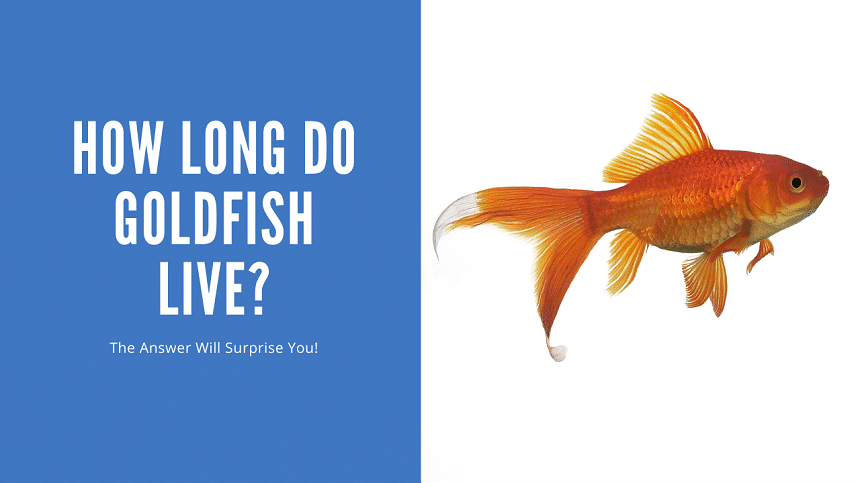
The Importance of Regular Veterinary Check-ups
Regular veterinary check-ups are crucial in maintaining the health and well-being of your goldfish. A qualified veterinarian experienced in exotic fish care can provide the following:
Preventive Health Care
Regular health check-ups help identify any underlying health issues before they become severe. Vaccinations and preventive treatments can also be administered to safeguard against common goldfish ailments.
Disease Diagnosis and Treatment
If your goldfish displays any signs of illness or if you suspect an issue, a veterinarian can perform diagnostic tests to identify the cause and provide appropriate treatment.
Professional Advice on Goldfish Care
Veterinarians specializing in fish care can offer invaluable advice on goldfish maintenance, nutrition, tank setup, and any other concerns you may have regarding your goldfish's welfare.
Conclusion
By applying the best practices for goldfish care, you can greatly increase the lifespan of these beautiful aquatic companions. Providing a suitable environment, monitoring their health, and attending to their dietary needs are essential for their overall well-being. Remember, a responsible goldfish owner follows these guidelines while also enjoying the companionship and pleasure that these enchanting aquatic creatures bring.

